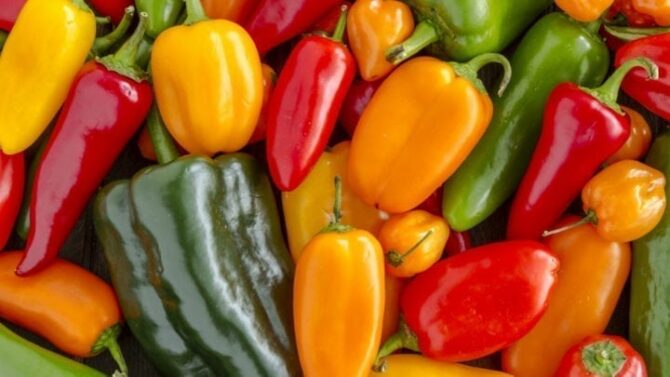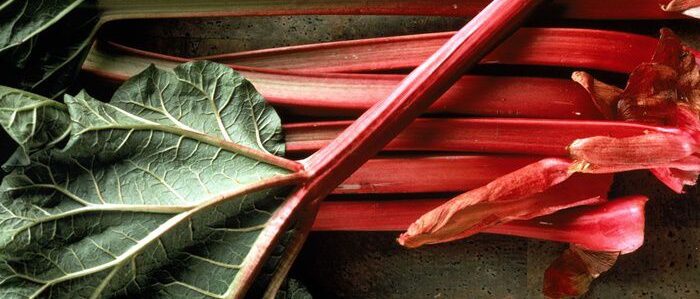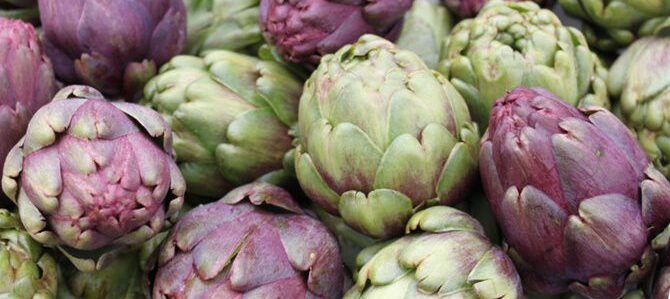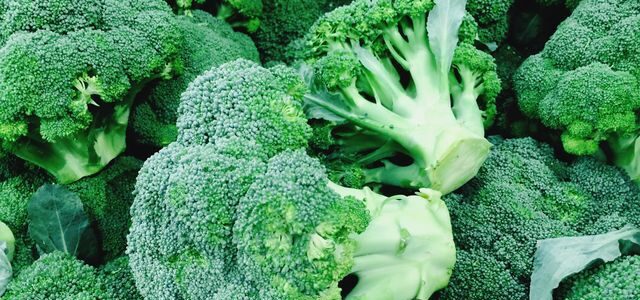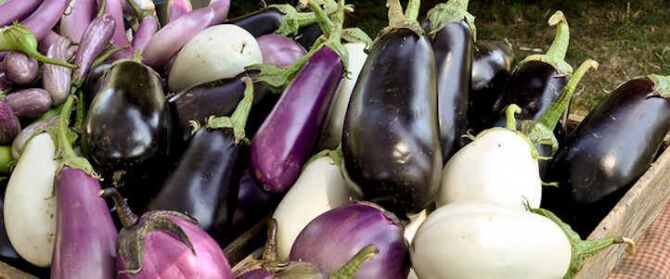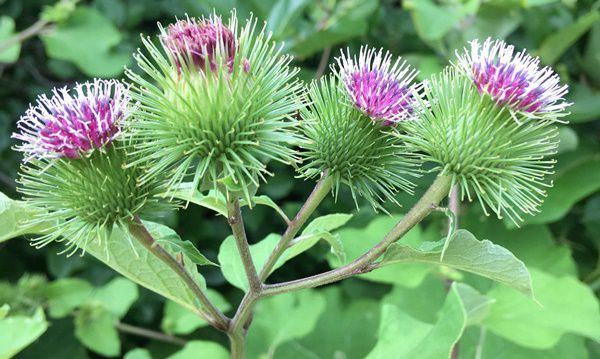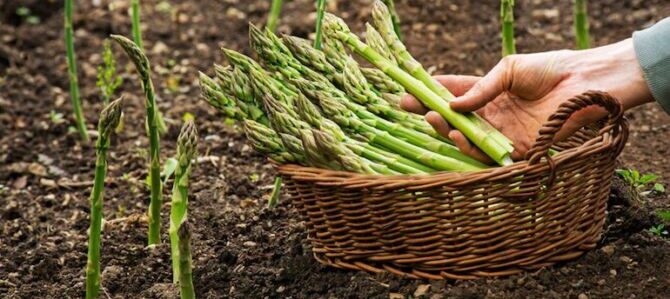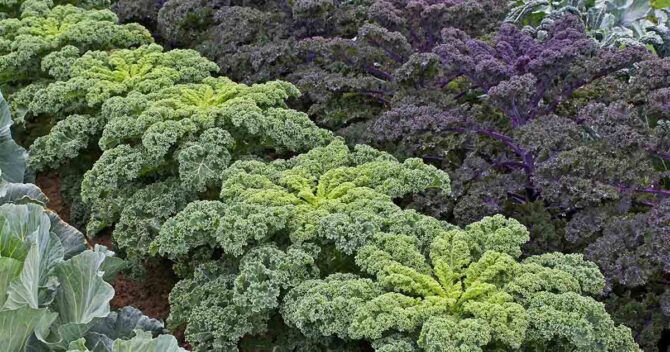Vegetables
Growing Peppers
Growing Peppers is easy, but a bit of patience is required as it is a long season crop. Peppers are all part of the plant genus Capsicum.
Peppers can be broadly classified according to the pepper’s heat :
How to grow Peppers from Seed
Indoor Sowing: Mid Winter, Late Winter and Early Spring.
Direct Sowing: Not Recommended.
- Sow seeds indoors in Mid Winter, Late Winter or Early Spring.
- Soak your seeds overnight in warm water to help them germinate faster.
- Place the seeds on top of the growing medium and cover with a thin layer of soil.
- Mist the soil with water daily so that it stays moist.
- For best germination, keep the soil between 23 and 26 degrees Celsius.
- The pots won’t require light until the seeds sprout.
- Sweet Pepper seeds germinate in about 30 days and Hot Pepper seeds in about 60 days, but it can also take longer.
- After the seeds have germinated, place the pot on a windowsill or in a heated greenhouse.
- When they are 2.5cm tall prick out seedlings, moving each into their own 10cm pot. Make sure the roots are well covered and the leaves are just above the surface of the soil.
- Water and place in a light spot indoors.
- While plants are still growing indoors, move into 13cm pots filled with general purpose compost when roots begin to show through the drainage holes in the base.
- When plants are about 20cm tall, or before if they start to lean, stake with a stick.
- Pinch out the tops of peppers when they are about 30cm tall to encourage lots of branches.
- Plants are ready to be placed outdoors once all danger of frost has passed.
- Either plant directly into the ground, spacing them 45cm apart or transfer them to 22cm pots to give them plenty of space to grow.
- Peppers take a long time to grow large enough from seeds to produce mature fruit, and they require a fairly long growing season.
- Make sure you water regularly, especially in hot weather and feed every two weeks with a general purpose liquid fertilizer. Feeding should start when the flowers first appear and should continue until the fruit have been harvested.
Maintaining Pepper Plants
Sweet Peppers
- Sweet Peppers are generally able to grow best where the soil temperatures stay moist and cool in the summer months. The tops of the plants don’t mind getting hot but the soil must remain cooler than the top leaves and branches.
- Good support for the stems is important because as the plants become full of fruit, they can be very heavy and break their own branches.
- Shading the fruit in hotter climates is also helpful to prevent sun burn damage.
- Make sure you water regularly, especially in hot weather and feed every two weeks with a general purpose liquid fertilizer.
Mild to Hot Peppers
- The roots are best kept a bit drier than sweet peppers and will thrive even without mulching.
- Choose a location that receives ample sunlight. Medium to Hot peppers like a lot of light and warmth. While they can tolerate some degree of shade, they will do their best when they are exposed to direct sunlight and in warm locations.
- Grow your plants on the dry side. Don’t withhold water totally, but be stingy with it. Allow the plants to remain dry for several days before watering again.
- If you are growing peppers in a container, make sure the pot has plenty of holes for drainage so the soil doesn’t get too soggy.
- Fertilize after the first fruit set. A tomato fertilizer will work well for pepper plants, as will compost and manure that is well-rotted.
Disclaimer
Medicinal Information:
All medicinal information on this website is for educational and informational purposes only and may not be construed as medical advice. The information is not intended to replace medical advice or treatment offered by healthcare professionals.
Seeds, Plants, Plant Cuttings, Geophytes and Dried Herbs:
In some countries and provinces, certain plants are deemed as invasive and are not allowed to be planted at all, whilst some plants are allowed to be grown only in certain areas or provinces. The onus is on you as the buyer to familiarize yourself with the regulations pertaining to your location, before purchasing any of our seeds, plants, plant cuttings, geophytes or dried herbs. We will not be held liable, should you purchase any seeds, plants, plant cuttings, geophytes or dried herbs. from us which are prohibited in your country or province.

